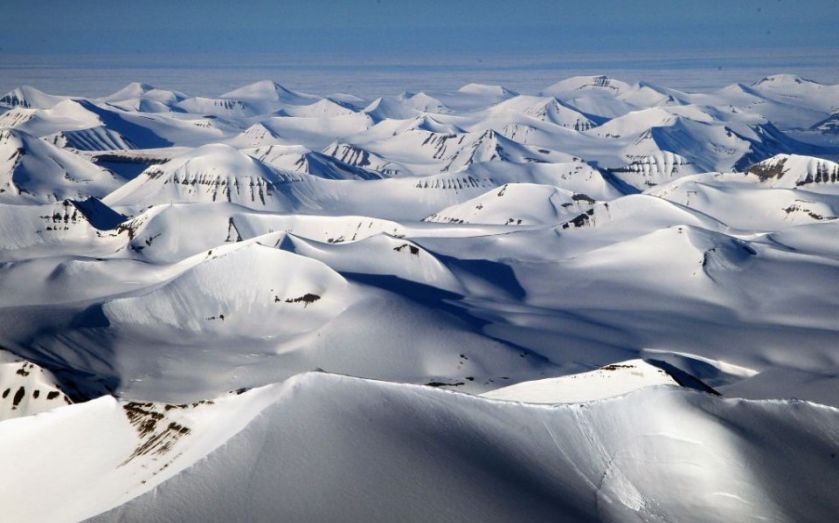The UK might have an ambassador for the Arctic – but what would they actually do?

There will certainly be no fancy parties with circling plates of Ferrero Rocher – just freezing ice, which occasionally melts, and plenty of polar bears waiting for a meal.
The Arctic is far from being the most pleasant place in the world, but its abundance of fossil fuels has attracted interest from countries around the world, and now the UK is considering introducing an ambassador to the inhospitable land.
In a new report, a House of Lords committee warns that without taking this step, the UK risks “being pushed out of key decisions for the region”.
It says that so far, the coalition has been “too hesitant and cautious” in its approach to the Arctic, despite being one of the region's closest geographical neighbours: “The degree to which climate change in the Arctic will create other economic opportunities, such as shorter shipping routes, is not yet clear but the UK must position itself as a premier partner in the Arctic so that it can respond to these changes effectively.”
“Other countries are assertive about their interests in the Arctic, and the UK should be, too,” it continues.
The Arctic land and territorial waters are owned by five countries – Russia, Norway, Canada, Denmark and the US, but a number of other nations have become politically involved. Japan, France and Singapore have all appointed ambassadors for the region already.
So if the UK does go ahead and appoint an ambassador, what will they actually do? First of all, it wouldn't be quite as lonely and uncomfortable is it might sound, since most work would be done from home. It would certainly be a tough job, though – the area covers a huge expanse of the Earth's surface and political tensions over the region are currently intensifying.
What would they actually do?
Here are the likely tasks that would be handed to our Arctic ambassador…
Keep an eye on climate change: The Arctic ice is melting at an unprecedented rate due to global warming, and could start to disappear even faster if methane is released from the sea bed. The negative effects of this, such as rising sea levels, will affect countries around the world, including the UK.
Oversee scientific research: The Arctic is ripe for scientific research, since it is composed of rich minerals and fossil fuels which could be exploited – the House of Commons recommends increasing Budget spend in the region, which will need to be monitored.
Advise on drilling in the region: The committee suggests oil firms should reconsider plans for drilling in the region. The ambassador would no doubt play a role in analysing and advising on the best possible drilling activities for the UK
Guide the search for fossil fuels: The Arctic contains an estimated 30 per cent of the world's undiscovered, recoverable gas and 13 per cent of its oil. Extracting these resources will be difficult and costly, but the current slump in oil prices means there is now more of a need to explore other options.
Keep an eye on Russian relations: As tensions between Russia and its western neighbours escalate over the crisis in Ukraine, it makes it difficult to be certain that co-operation between the owners of the Arctic will continue to be peaceful.